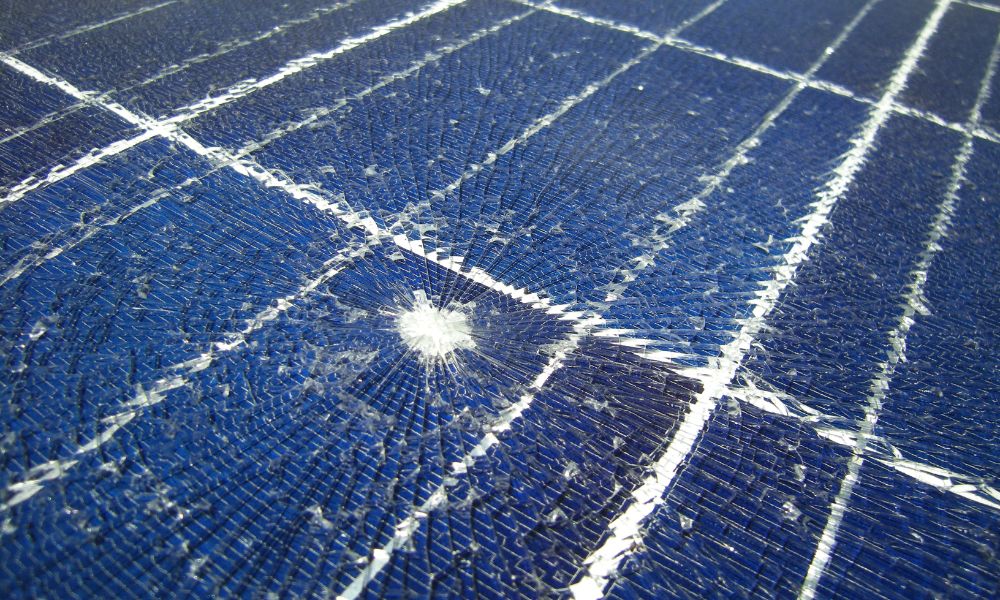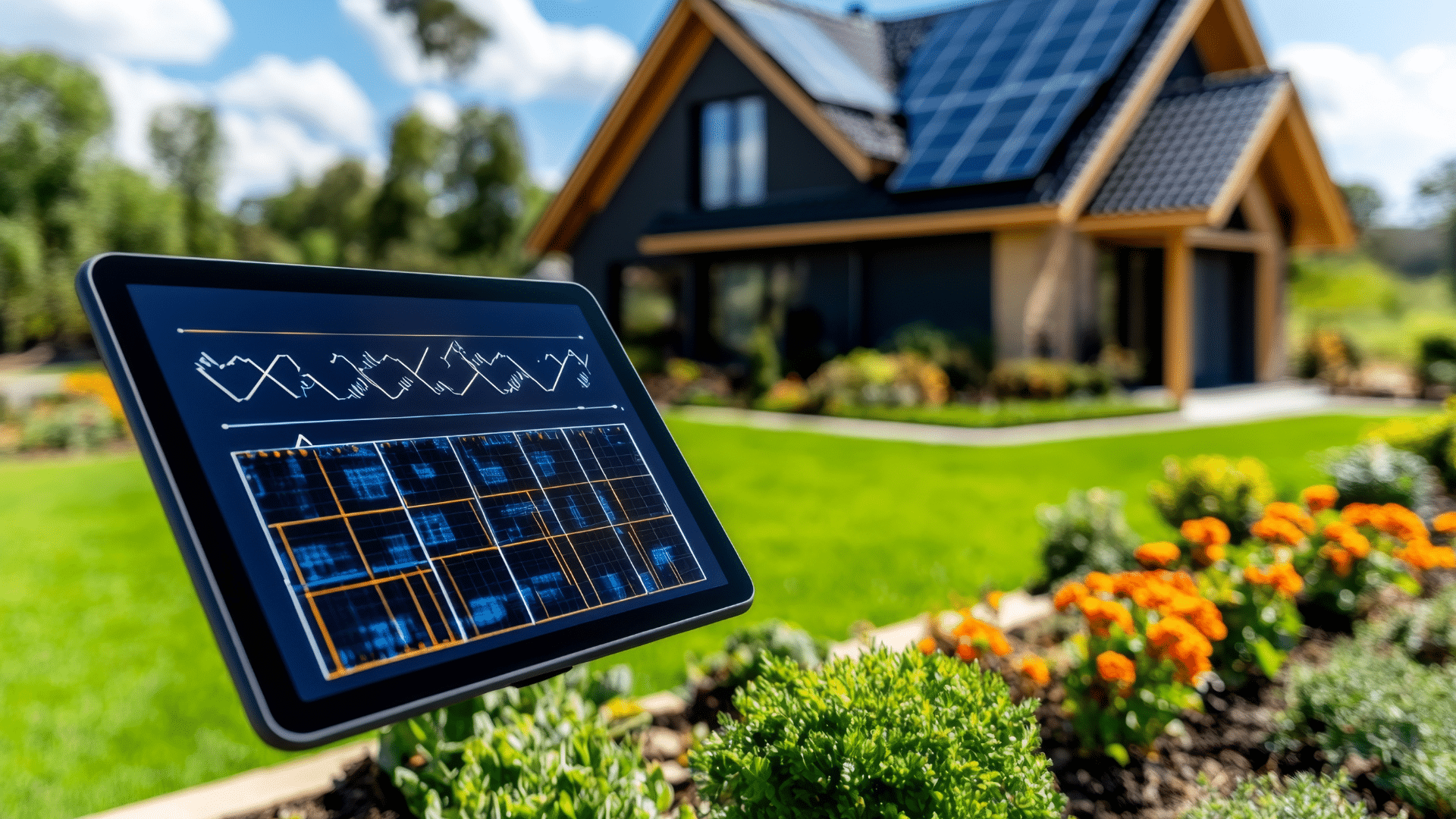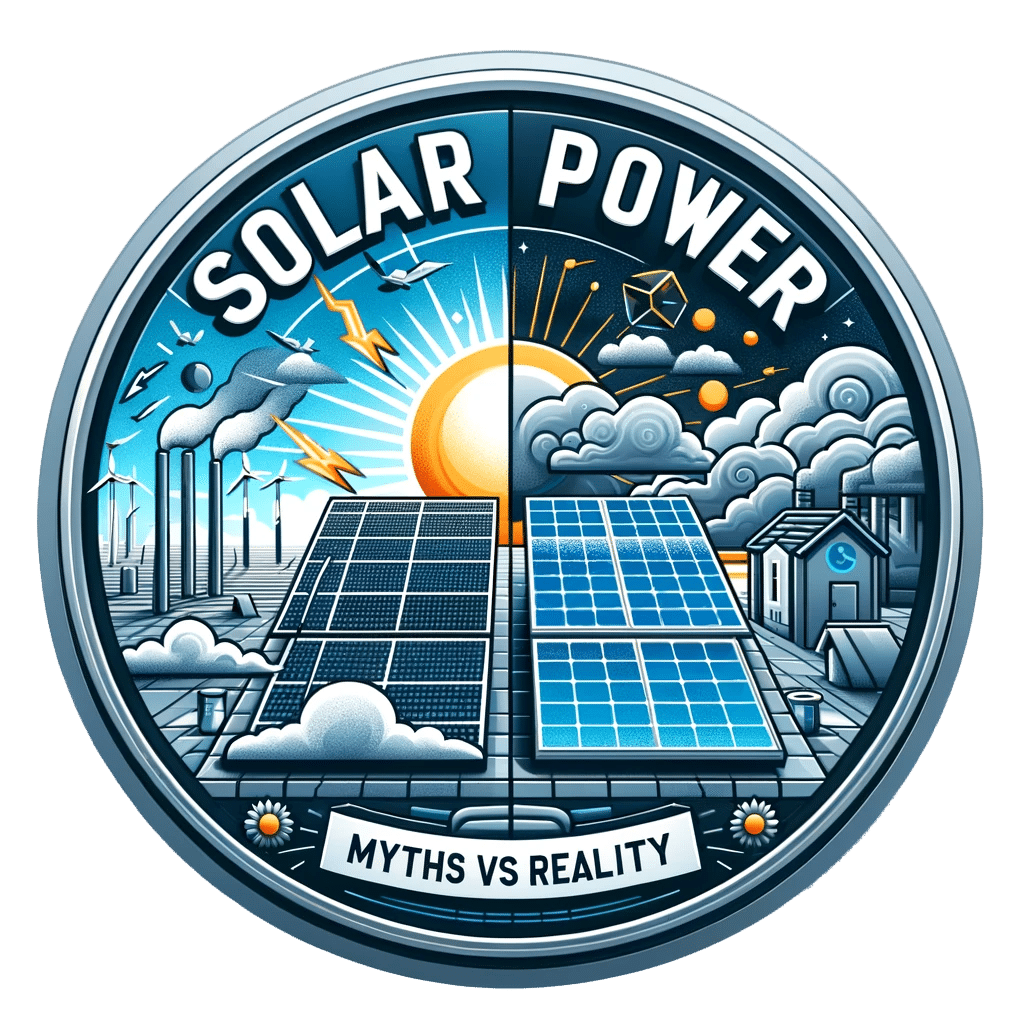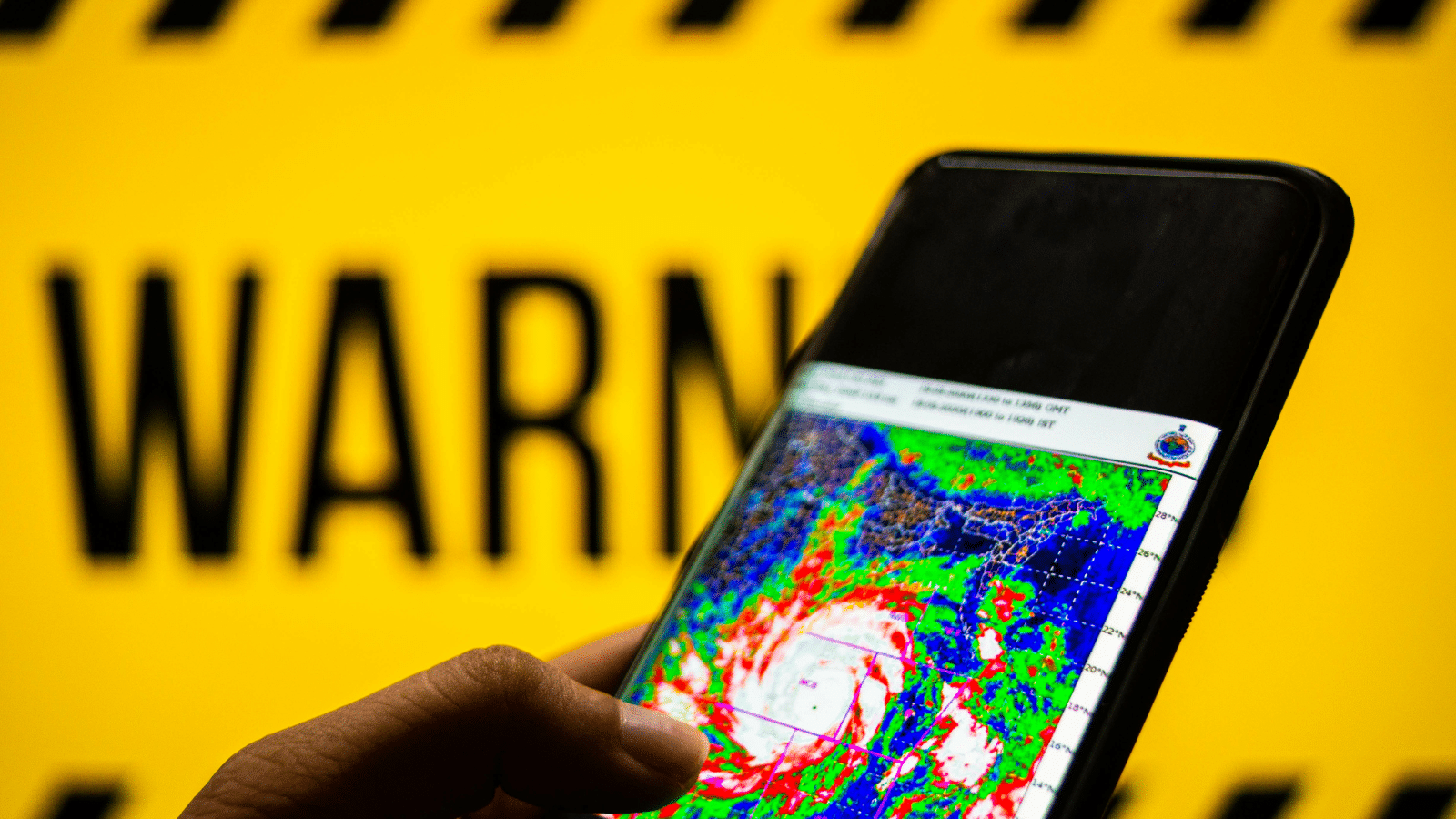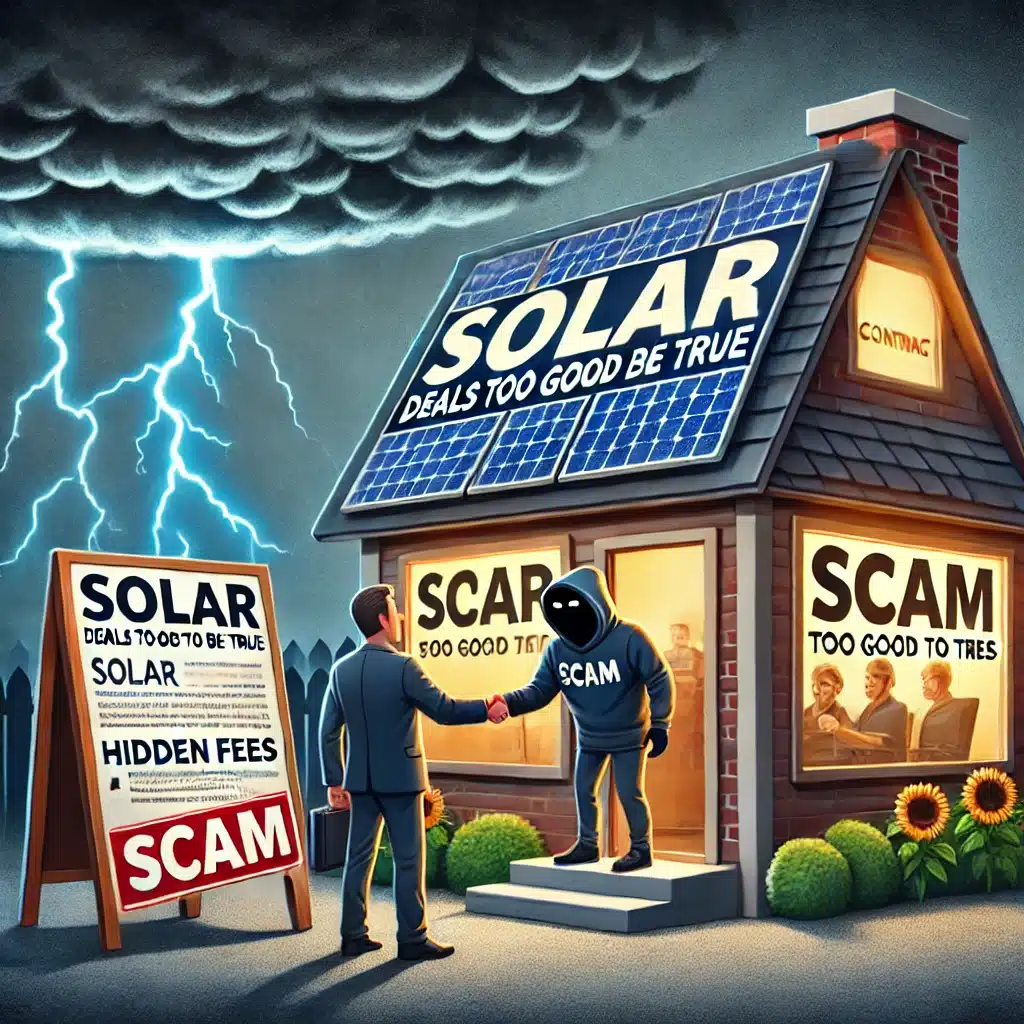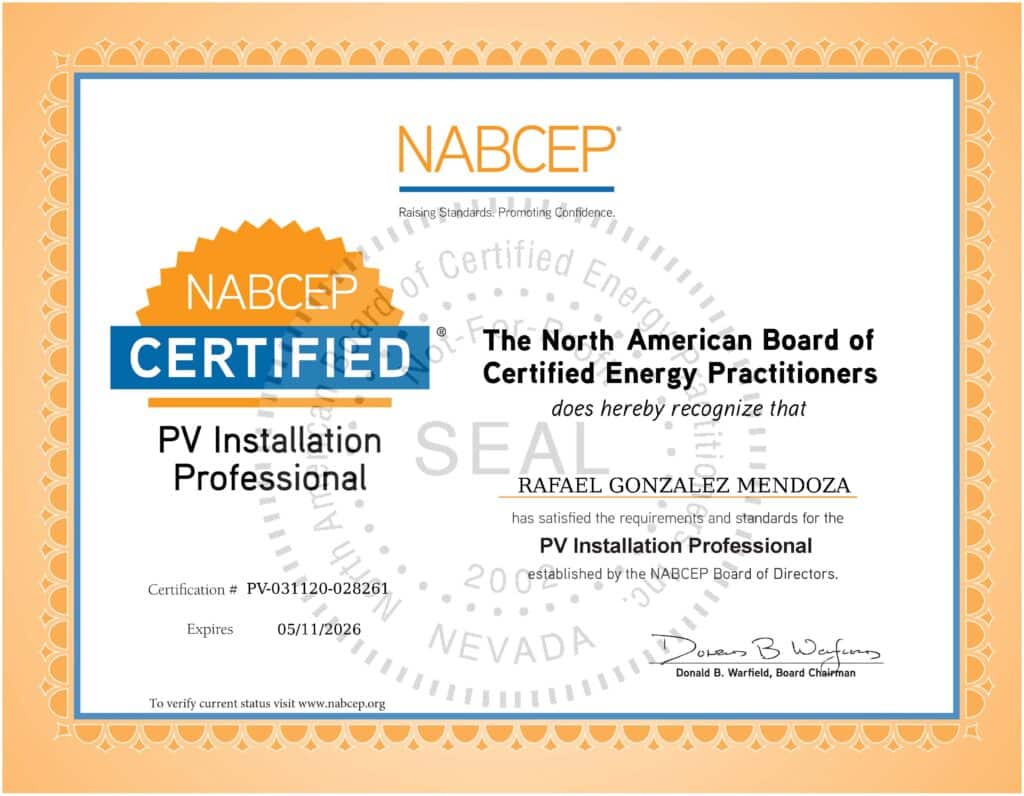Homeowners purchase solar panels because it saves them money and allows them to reduce their carbon footprint. There are various things solar power does to shape every homeowner’s life. However, with improved living also comes greater maintenance responsibilities. Here are the three common ways solar panels can be damaged.
Inclement Weather Damage
Severe weather is one of the causes of damage to solar panels. Unfortunately, with some weather conditions, there’s not a ton you can do, so solar panel users may need to work around the circumstances to secure their panels.
You need a high-quality protection cover to defend the solar panels from specific weather, such as hail. Additionally, the covers have openings along the sides, so it’s easy to access the panels for quick fixes without dismantling the entire power structure.
Water Damage
In places with higher flood levels, you’re likely to experience more water damage on your property. For solar panels, the seals, whether old or previously worn down closures, the water damage persists.
When a seal gets exposed to water, it’s essential to reseal the panels with new covers. The other thing you can do now to continue protecting your solar panels’ integrity is to use retaining walls. A retaining wall protects ground-level solar power grids. The walls block rain from seeping into dirt and sand and damaging the solar panel.
Falling Debris
Falling debris is another thing that can happen. Falling rubbish happens anytime during the day. When junk falls from trees or anywhere else, it scratches the glass, causing you to lose cells that collect the sunlight’s energy to use as power.
It’s relatively easy to protect panels from debris. For instance, you can place your panels far away from nearby trees and clean them often, as dirt and grime build up fast. Once every season, use a microfiber cloth and a garden hose to clear off the waste. You can do this more often if needed, especially if trees are nearby.
When Should You Check Solar Panels for Damage?
It’s best to check on solar panels once a month. If you want to install something else outdoors, such as a new backyard solar panel pergola, you’ll need to know the signs that indicate panels are broken, such as:
- Burn marks
- Wiring problems
- Inverter problems
- Glass casing cracks
Performing regular maintenance checks helps keep the solar panels in good condition. These common ways solar panels can be damaged are fixable. All you need to do is manage your solar panel’s upkeep and contact a professional to come out and check for and fix any problems.
Every homeowner likes to save more money when they can. With solar panels, you can be one of many who save extra using solar energy directly accumulated through photovoltaic cells. Contact Go Solar Power for more insight on how you can benefit from using solar panels.

